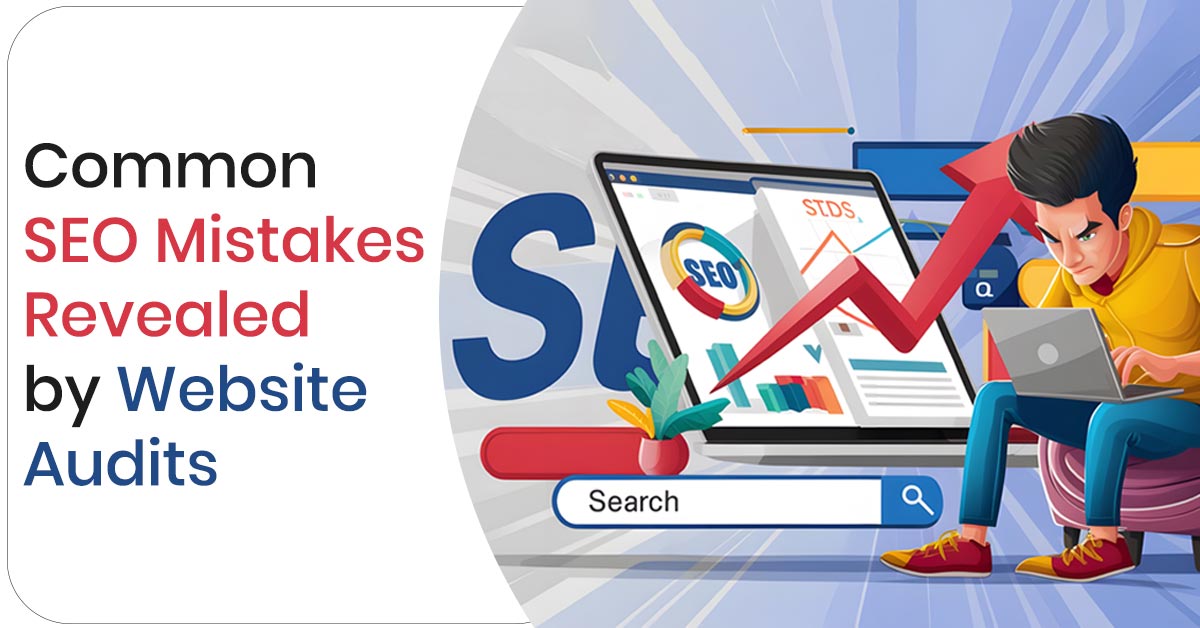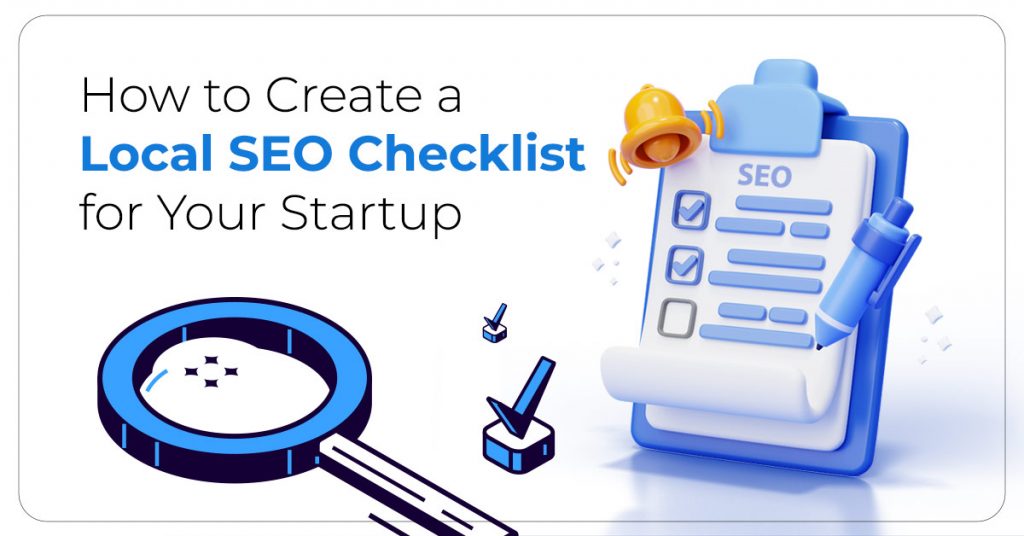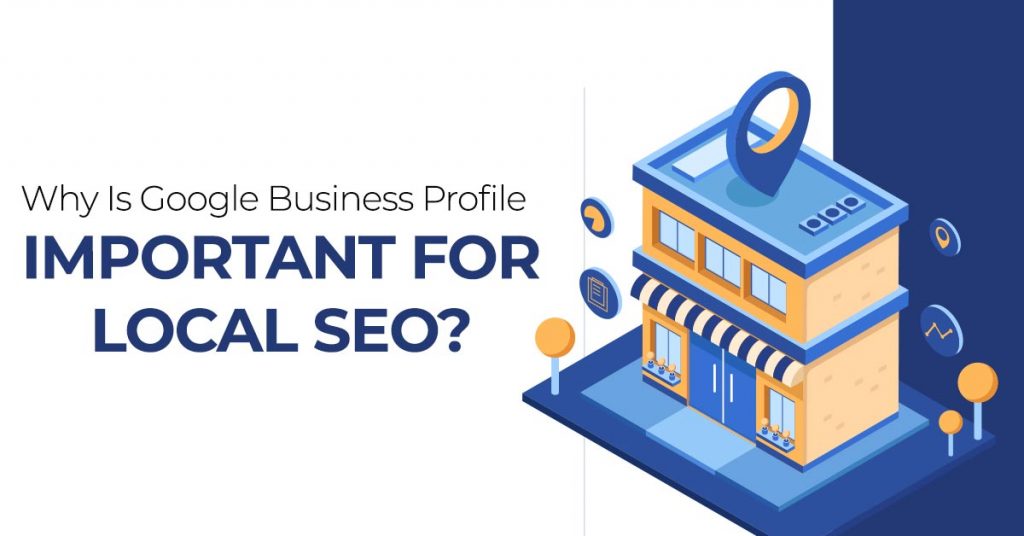SEO is meant to improve the visibility of a website in a search engine results page. However, no matter how well designed a website may be, if SEO strategies are not implemented properly or completely ignored, its performance could fall short. Website audits play a very important role in revealing hidden SEO mistakes that might affect the overall performance of a website. In this blog by Infinix360, we will discuss some of the common SEO mistakes that tend to come up during such audits, and the impact it has when the common errors are addressed on the search engine rankings.
1. Poor Website Structure And Navigation
One of the very first issues that will come during an SEO website audit is poor website structure. The structure of a website affects not only user experience but also how search engines crawl and index pages. The most common mistakes include:
Broken links:
When properly managed links that produce 404 errors can be redirected to relevant pages and improve user experience.
Poor Navigation:
In case the website navigation is complex, visitors and search engine bots get confused about the relevancy of the content.
You need to make sure that your website structure is simple, intuitive, and navigational, making it easy for users to move between pages. Guide both your users and search engines through your important content using internal links. At Infinix360, we specialize in creating perfect website structures that improve both user experience and SEO rankings through our SEO website audit in Melbourne.
2. Non-Existent Or Poorly Optimized Meta Tags
Meta tags like the title tags and meta descriptions are important for communicating the intent of a page to both users and search engines. Don’t make these common mistakes:
Absent Or Duplicate Title Tags:
Title tags will cause confusion about the page’s focus with duplicate titles on pages or if it is absent altogether.
Non-Compelling Meta Descriptions:
Meta descriptions get ignored often, leading to lower click through rates.
Make sure every page has a unique, keyword-rich title tag and meta description. While meta descriptions do not have a direct influence on rankings, they have an important part in CTR by persuading users to click on your website in search results.
3. Non-Optimized Images
Images are vital for engaging visitors, but they might hurt SEO if not properly optimized. Some common image-related SEO mistakes include:
Large File Size Images:
Huge image file sizes can increase page load time, thus negatively affecting both user experience and search engine rankings.
No Alt Text:
ALT text is used by the search engines to know what an image is about. Not including descriptive ALT text for images means losing an opportunity for keyword optimization.
These issues are solved by always compressing images to reduce the file size and keyword-optimization alt text for every image. This helps improve accessibility and SEO at the same time.
4. Lack Of Mobile Optimization
With the advancement of mobile browsing, your website might end up losing a lot of traffic if it is not mobile-friendly. In this case, search engines tend to prefer mobile-first indexing and predominantly use the mobile version of any website for ranking.
Common mobile-related SEO errors that tend to pop up in audits are:
Unresponsive Design:
Websites that do not work well across various sizes and devices seem to offer users a poor experience when browsing through them on a mobile device.
Slow Load Times On Mobile:
Mobile users expect fast-loading pages and websites that load slowly on mobile devices tend to rank miserably.
Make sure your website is entirely responsive, that it adapts well across devices, and across screen size. Carry out frequent speed tests to ensure your site loads fast on mobile.
5. Duplicate Content
Duplicate content is one of the important issues that could confuse search engines and reduce a website’s authority.
Product Descriptions:
Generally, all ecommerce sites contain duplicate product descriptions in different pages.
Blog Posts:
Using the same content or slightly modified content on different pages harms your SEO effort.
Use tools to find duplicate content on your website, and when you find it, rewrite the content or tag the preferred version of a page with the canonical tag.
6. Neglecting All On-Page Seo Elements
On-page SEO consists of various elements like using header tags, keyword usage, and optimizing the content. Some common mistakes are:
Misuse Of Header Tags:
Sometimes, header tags such as H1, h3, and h4 are misused or even omitted by your pages and find difficulties in what search engines think about the content hierarchy.
Keyword Stuffing:
Overuse of keywords to rank higher in a way can hurt the user experience while attempting to manipulate ranks and may be subject to penalties from a search engine.
To address these problems, organize your content in a logical and clear header, and use keywords naturally and strategically but without overstuffing.
7. Technical SEO Mistakes
Lurking in the background, technical SEO issues have a significant impact on how well the site will perform.
Missing Xml Sitemaps:
A sitemap makes it easier for search engines to crawl your site. When a sitemap is missing or out of date, it negatively affects your SEO.
Broken Canonical Links:
Incorrect canonical tags cause problems, leading to duplicate content issues or letting search engines favor the wrong page.
Errors In Robots.Txt File:
Misconfigured robots.txt file inadvertently bars search spiders from crawling crucial pages.
Check your website regularly from a technical side to ensure that it can be crawled and indexed by the search engines.
A website audit conducted by the best SEO company in Sydney can help spot potential SEO mistakes that may otherwise go unchecked. This includes everything from bad site structure to technical SEO mistakes, with these improving performance greatly in search engine rankings. Engaging in routine audits and continuous SEO optimization will pave the way to long-term success in organic traffic and business growth.




